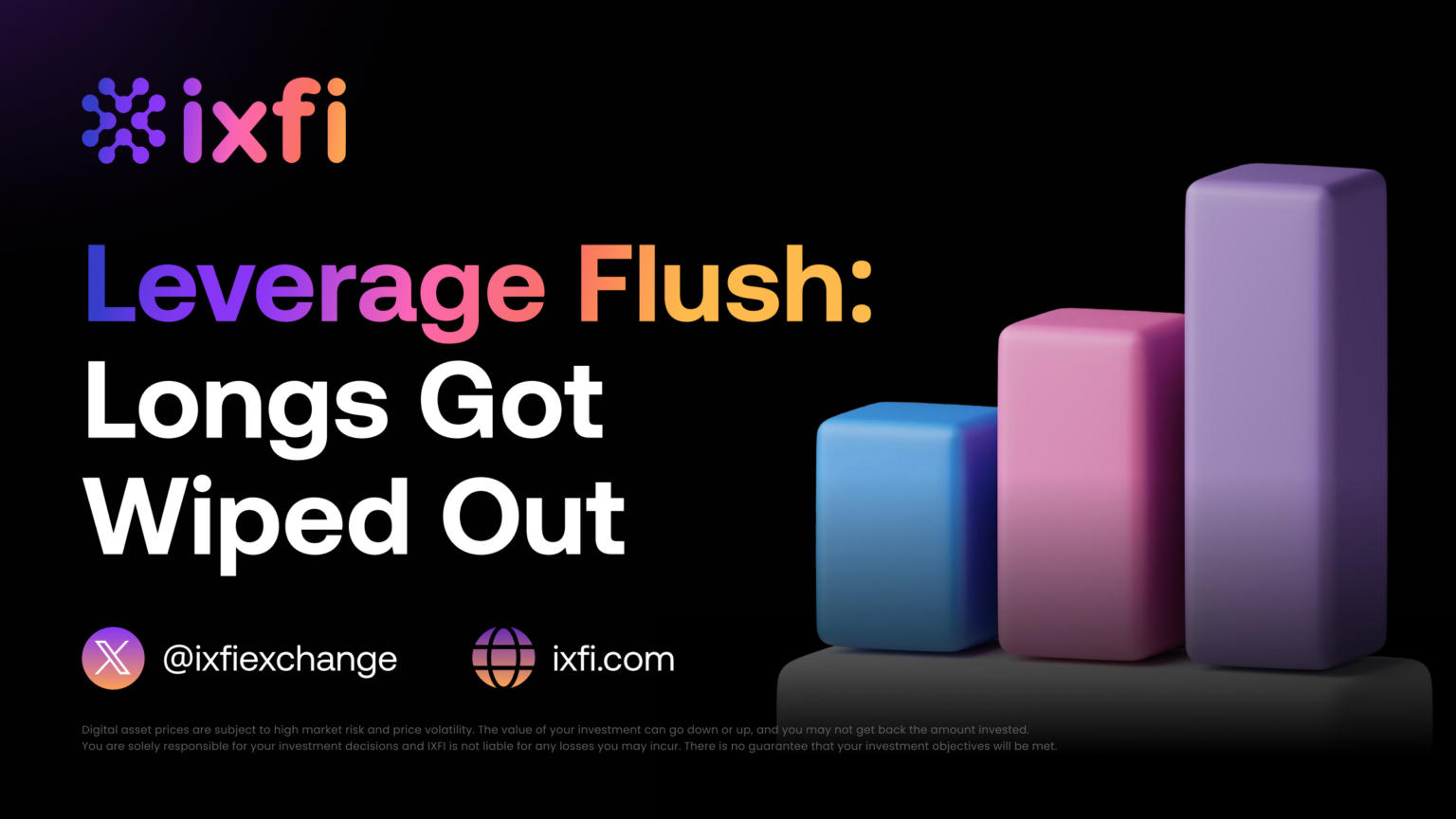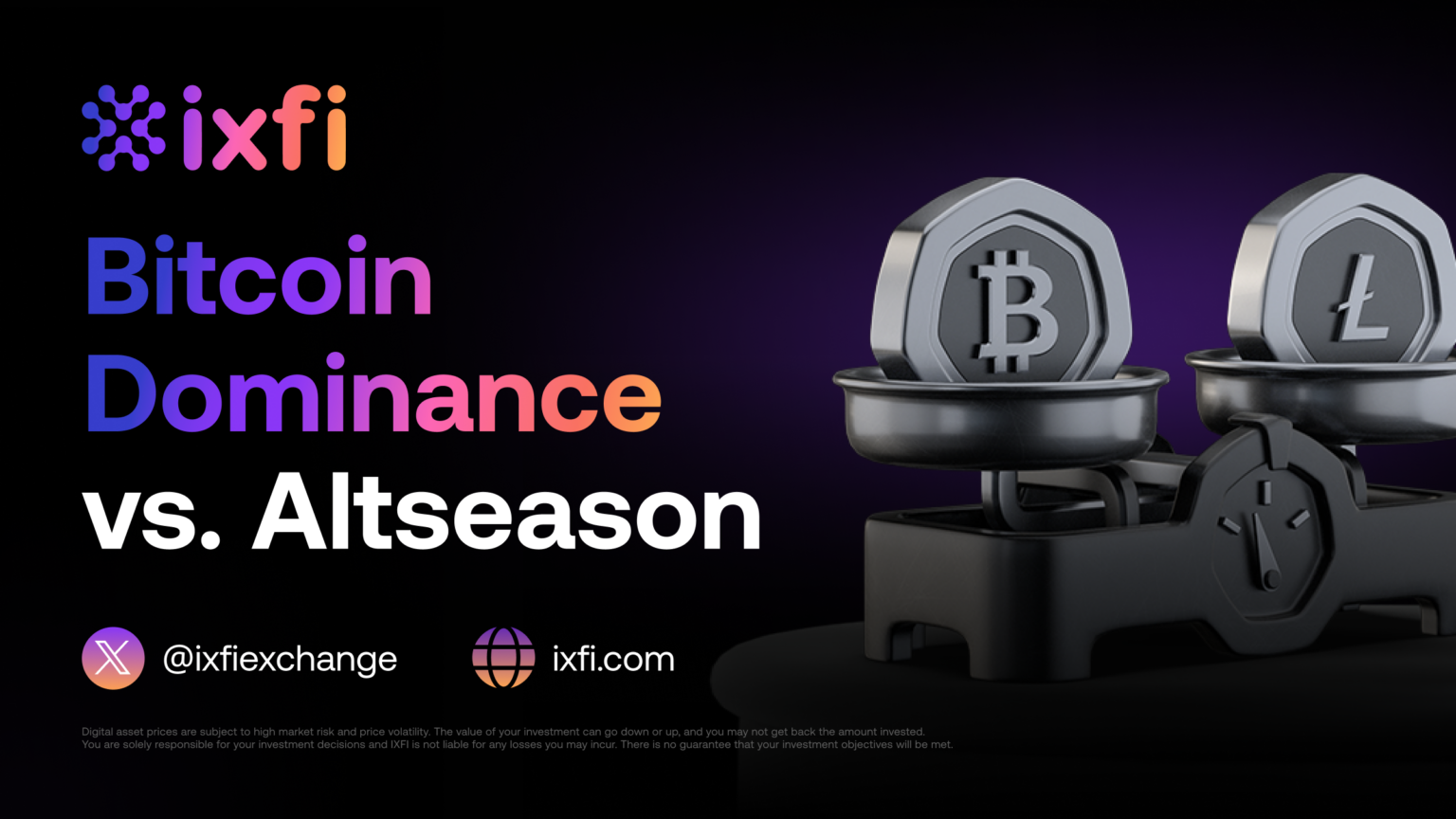At first glance, financial markets look like simple numbers on a price chart traders analyze. Then, depending on the technical answers, strategies and executions are applied. Our methods greatly depend on the targets we fix for the future and the plans we make with the generated profit. What do we want? Passive income? Retirement over 40? Financial independence for our future generations? Some want to make a significant profit in a short time. But what happens when we send several orders in the market?
How do financial markets work?
Financial markets are where companies and individual (or retail) investors enter transactions where they exchange goods and assets for diverse prices. These acquisitions and sales are made through real-time payment orders and future contracts. The roles of a financial market are:
- to determine the assets’ prices by mobilizing funds from people that wish to generate profit from their investments;
- to increase liquidity;
- to facilitate access.
There are two primary approaches:
Investments: Some people want to invest for the long term, or even over an unlimited period, to acquire generational wealth—the most dream of offering financial stability to their children or ensuring liquidity to their company. Regardless of the purpose or motive, the time vision is large enough, so the investors acquire assets to keep in their portfolio. Depending on the investors’ risk profile, the DCA strategy may be applied. In this case, the selling is rare.
Trading: Here, we’re referring to the active process of trading, where assets are constantly bought and sold since traders are trying to make as much profit as possible from the price’s short-term fluctuations. Here, the time window is way shorter than the period reserved for investments. Usually, traders try to accurately predict the asset’s future price to beat the market. When an investor sells his assets, he typically asks for a price until a buyer is found for his order. Using such concepts, we can talk about Market Makers and Market Participants.
Market Makers
For orders to take place in financial markets, enough liquidity is required. This way, we talk about Market Makers that offer assets for sale and make offers or requests, depending on the market’s flexibility. Market Makers and Participants create liquidity and profit from price differences between assets, increasing the market’s functionality. Market Makers build the buying and selling orders from the Orderbook, while Market Participants fill or complete them.
Market Participants
Participants are those entities that acquire or fill the buying and selling orders by accepting the proposed price, hoping it will grow. We can find the two buttons Sell and Buy on any trading platform. In accounting, we have creditor and debtor terms, and foreign exchange services call them sale and purchase prices. It’s a simple explanation of how the financial world is operating on a general level, and it’s not a competition between the two parties because one needs the other. We often hear the saying being left holding the bag if someone has bought an overvalued asset and now its price is falling. However, it’s essential to admit that if someone buys too high, it’s only his fault, not the sellers’. Market Makers’ prices reflect the market’s demand and offer to satisfy the need. In conclusion, when the request is low, and the offer is too high, it’s normal for prices to decrease.
How essential is the market’s liquidity?
If there is liquidity in a market, a specific asset can move its price – otherwise, it cannot. The lack of liquidity can cause all kinds of problems in every financial market that we’ve discussed. For crypto, project founders risk not being able to monetize their investment if they cannot sell the project’s native cryptocurrencies. If we’re facing a wrong time in the market and an asset is too expensive, the traders will pass the opportunity, choosing to keep the investment for a better time. This way, the liquidity dries up because the demand has decreased. Without purchasing and selling power, the interest in these currencies will also decrease because their fundamental value is what dictates the price.
With Your Friendly Crypto Exchange you can enjoy security, flexibility and performance at the same time. Register now on IXFI to discover the endless possibilities.
Disclaimer: The content of this article is not investment advice and does not constitute an offer or solicitation to offer or recommendation of any investment product. It is for general purposes only and does not take into account your individual needs, investment objectives and specific financial and fiscal circumstances.
Although the material contained in this article was prepared based on information from public and private sources that IXFI believes to be reliable, no representation, warranty or undertaking, stated or implied, is given as to the accuracy of the information contained herein, and IXFI expressly disclaims any liability for the accuracy and completeness of the information contained in this article.
Investment involves risk; any ideas or strategies discussed herein should therefore not be undertaken by any individual without prior consultation with a financial professional for the purpose of assessing whether the ideas or strategies that are discussed are suitable to you based on your own personal financial and fiscal objectives, needs and risk tolerance. IXFI expressly disclaims any liability or loss incurred by any person who acts on the information, ideas or strategies discussed herein.




